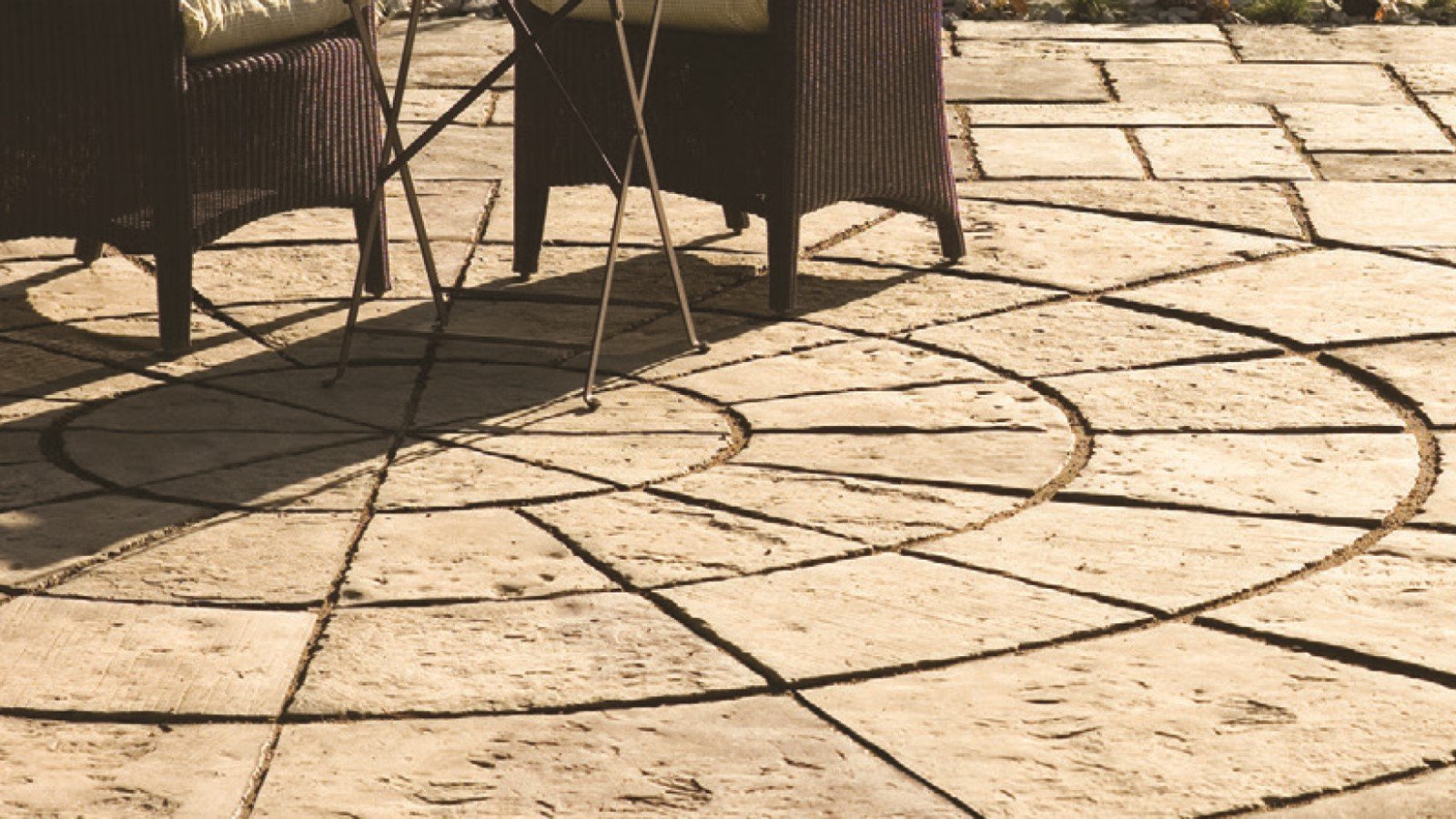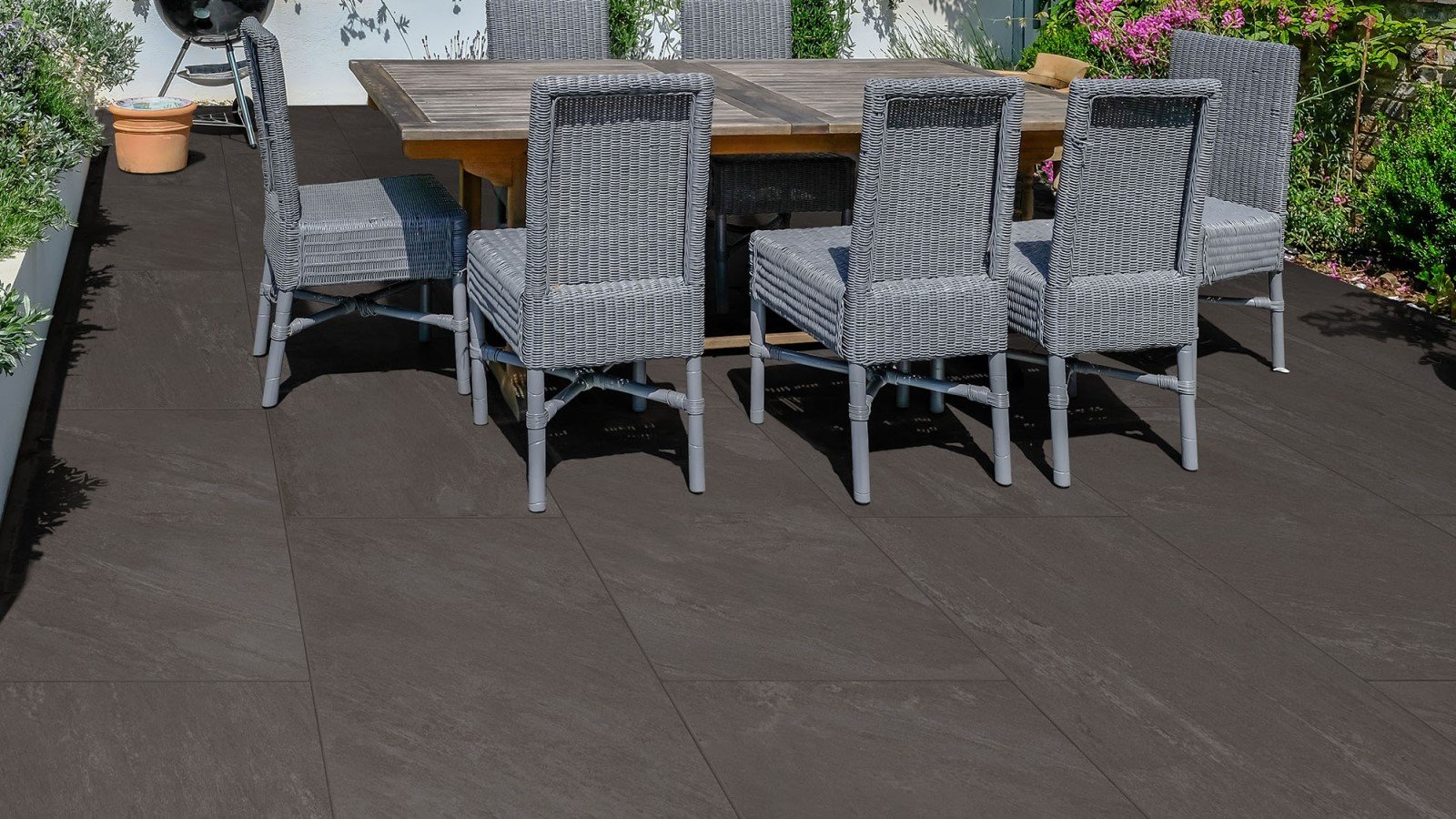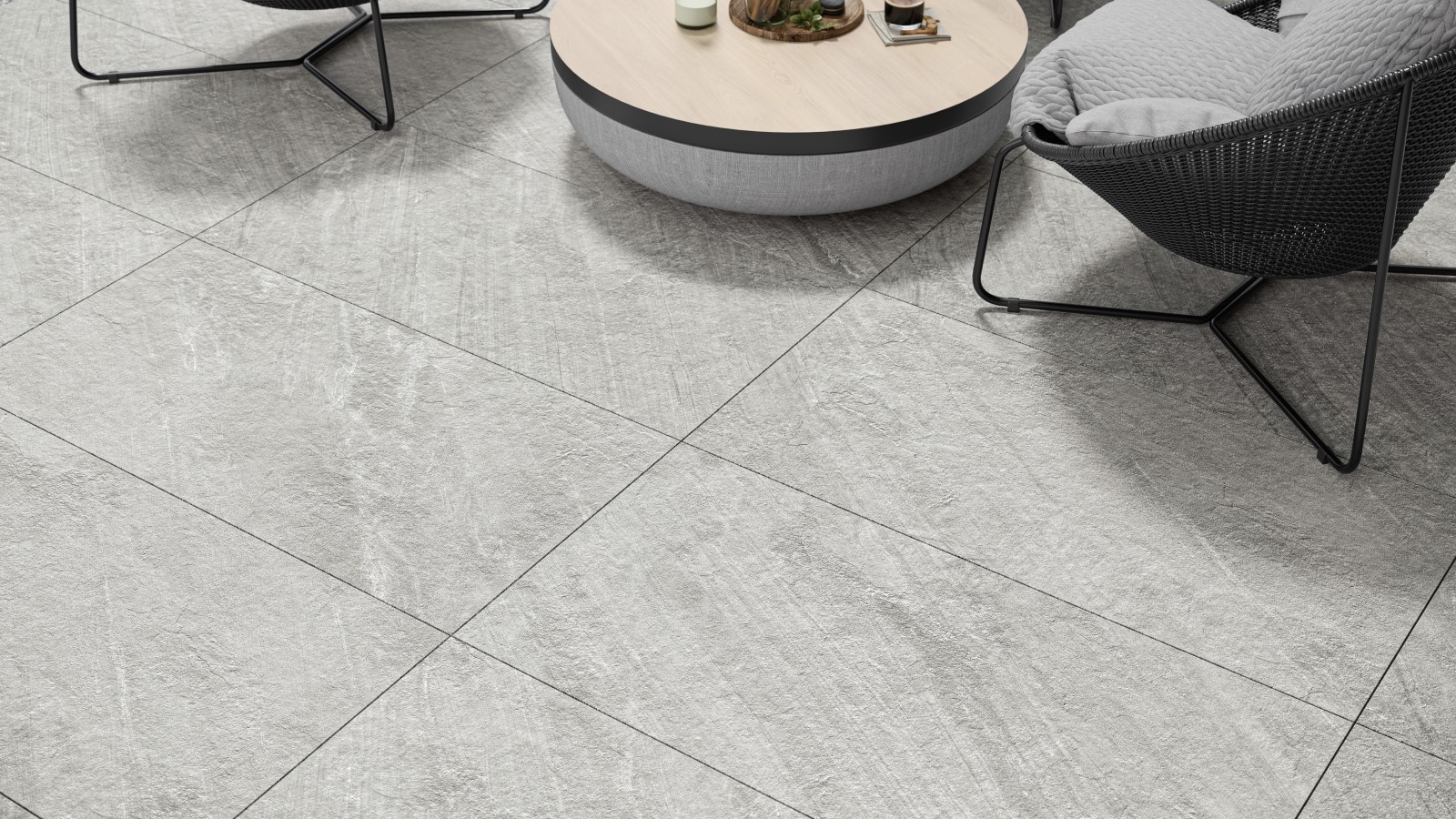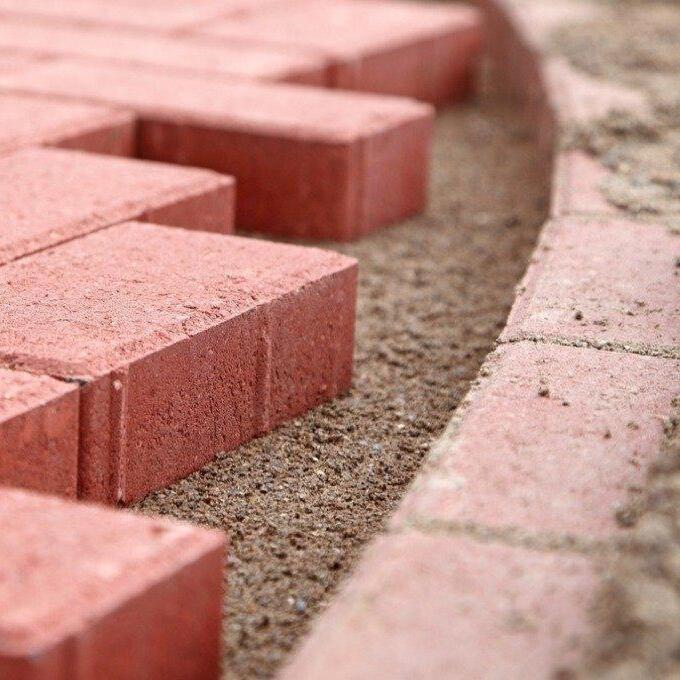Solar panels, double glazing, reducing energy usage; you know what it takes to be more eco-friendly in the home. But do you know how to be greener outside of the home?
It’s not a common topic, but we think it should be. That’s why we decided to list some of the most eco-friendly paving materials that you can use for your summer paving project.
For a “greener” garden or driveway, continue reading, below.
Natural stone
Eco-friendly natural stone options: Indian stone, sandstone, limestone and granite

It sounds altruistic, but is natural stone paving as eco-friendly as it seems? The answer, you’ll be pleased to know, is yes.
Unlike manmade materials, natural stone is, well, naturally produced as it is quarried direct from the earth. The extraction process is also low on toxic chemicals, glues, odorous acetone and silicon – four factors that boost its green credentials.
However, even with clean extraction in mind, you need to ensure that natural stone is quarried in a sustainable fashion. Nothing too complicated here, just choose a supplier with high environmental standards.
Then there is the crucial element of reusability. Luckily, when pieces of Indian stone, sandstone and limestone break off or crack, they can be crushed with concrete to form a newer, stronger, paving product. As for granite, that can be chipped off into smaller slabs, to be used for other applications later down the line. Nothing goes to waste.
That is, if the natural stone cracks at all. Natural stone products are inherently durable, meaning they easily stand up to a range of weather conditions. This aspect of longevity is one of the major factors when determining a paving material’s “greenness”. After all, what you don’t replace, you don’t need to waste.
The same applies to other paving slabs which use natural materials. Porcelain slabs, for instance, are manmade but use a mixture of clay and sand to create a hardy, contemporary-looking paving product. So, while the extraction process might not be identical, the final product boasts the same long, waste-free lifespan of their natural paving brethren.
Concrete
Eco-friendly concrete paving options: permeable concrete
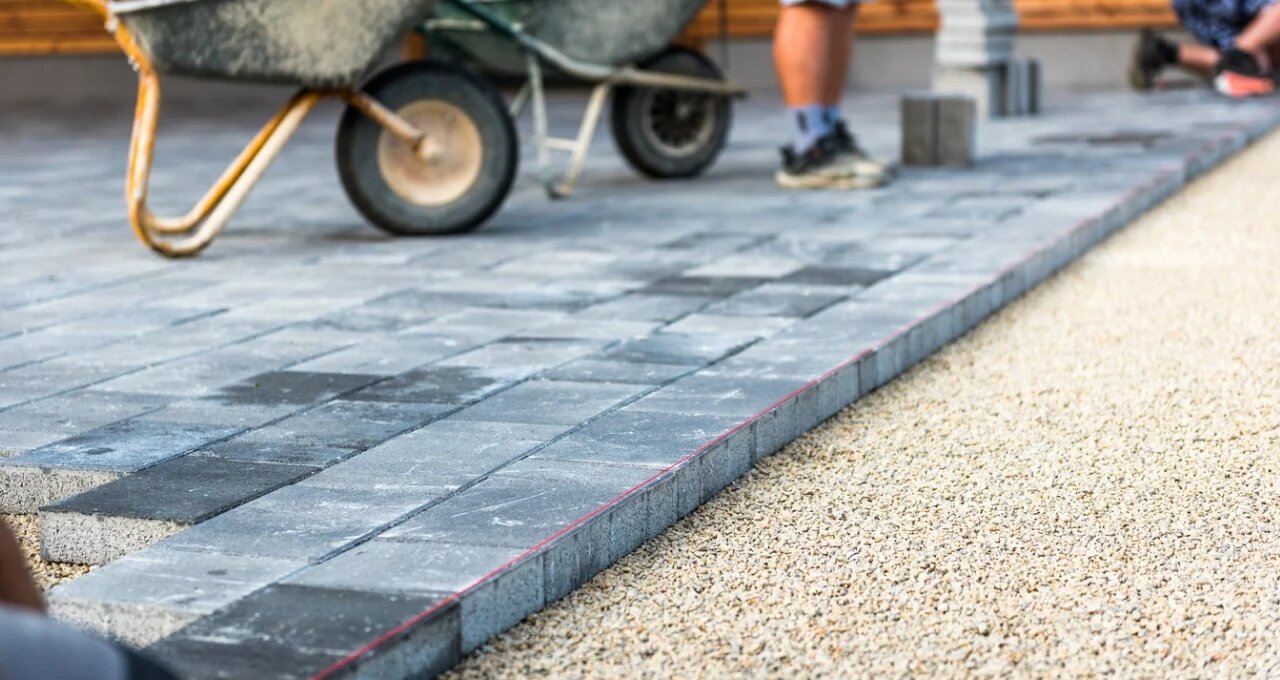
While manmade paving slabs might not be able to add ‘natural extraction’ to its resume, there are still many eco-friendly benefits to using these types of material – you just need to know what you’re looking for.
For instance, standard concrete (a mixture of aggregate and cement) has poor drainage. This means that rainwater sits on the surface, increasing the likelihood of flooding before running off into sewers.
However, when you choose permeable block paving, water seeps through the joints between the blocks and into the soil naturally, ensuring the construction as a whole is permeable (or sometimes referred to as ‘pervious’). This inconspicuous feature both supplements the groundwater and relieves the sewage system. (You can spot the permeable options in the Simply Paving range as these all carry the Infilta insignia.)
It is for the reason of flooding that many councils insist driveways should be constructed with permeable materials and nothing else. Those who don’t comply must apply for planning permission, if they haven’t already installed adequate drainage channels.
Think you know which eco-friendly paving option is right for you? Browse the Simply Paving range today to make your final selection or take a look at our environmental policies.
















